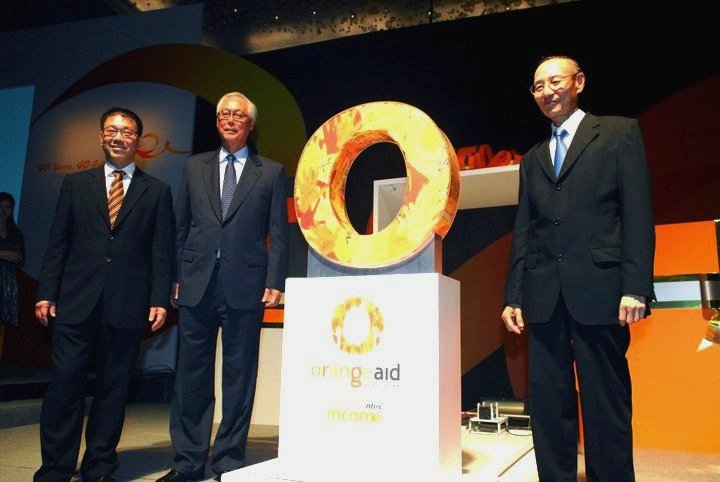Filipina Graduate Honors WWII Hero Grandmother at Harvard Ceremony

Harvard University’s graduation ceremony on May 25, 2025, was a moment marked not only by academic achievement but by a poignant tribute to heritage and sacrifice, as Ylaysha Musngi Gosiaco honored her grandmother, 1st Lt. Dr. Mercedes Cuello Lazaro Musngi, a Filipina guerrilla combat medic during World War II. This celebration in Cambridge, Massachusetts, saw Gosiaco, who graduated cum laude in psychology, taking a moment to elevate her grandmother’s story amidst the applause of over 9,000 graduates and their families.
Gosiaco’s tribute involved holding a framed black-and-white photograph of her grandmother as she approached the stage, a gesture that resonated deeply with the audience. "I walked that stage with tears in my eyes and a deep awareness that I was not walking alone," Gosiaco stated on her Facebook page. Her display of the photograph and a salute were a powerful acknowledgment of the unsung heroes in her family and the broader context of Filipino women who contributed to the war effort, many of whom remain unrecognized in historical narratives.
The significance of this moment extends beyond personal tribute; it emphasizes the importance of remembering unsung histories. According to Dr. Maria Elena A. Mangahas, a historian at the University of the Philippines, "The role of women in World War II is often overshadowed by male narratives, and Ylaysha’s act serves as a critical reminder of their contributions."
The honor was not just personal but emblematic of a larger narrative about the Filipino diaspora in the United States. Gosiaco wore a graduation sash inspired by the Philippine flag, asserting her identity at an institution known for its multicultural environment. This dual celebration of academic achievement and cultural pride encapsulates the experiences of many Filipinos in America, who navigate their identities amid various social landscapes.
In her graduation address, Gosiaco reflected on the intergenerational trauma that communities often carry. She founded The Mind Warriors Project: Kalasag, a nonprofit dedicated to promoting mental health education and healing within Filipino communities. Her work focuses on trauma-informed practices, blending her academic training with personal commitment to community welfare. "My degree is not merely a credential; it represents the convergence of history, faith, and community," Gosiaco remarked.
The ceremony also coincided with Philippine Independence Day, where she reaffirmed her commitment to her heritage by posting a photograph of herself waving the Philippine flag on the Harvard campus, captioned, "For Mommy Ched. For our people."
This narrative illustrates a broader trend among younger generations of Filipino-Americans seeking to reconnect with their roots and honor their ancestors. According to Dr. Eric A. E. Tan, a cultural anthropologist at Stanford University, "Such acts of remembrance are vital in preserving cultural identity and fostering community resilience."
As Gosiaco embarks on her post-graduate journey, she carries with her not only the knowledge acquired at Harvard but also a mission to amplify the voices of those who came before her. Her graduation moment was more than an end—it was a call to action to honor, remember, and heal. In a world where stories often fade away, Gosiaco’s actions remind us that legacy is not merely about remembrance; it is about ensuring that those narratives continue to live on through future generations.
Advertisement
Tags
Advertisement





